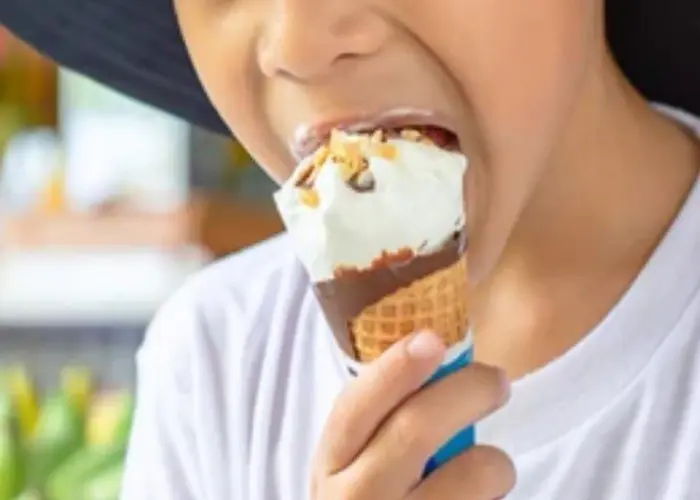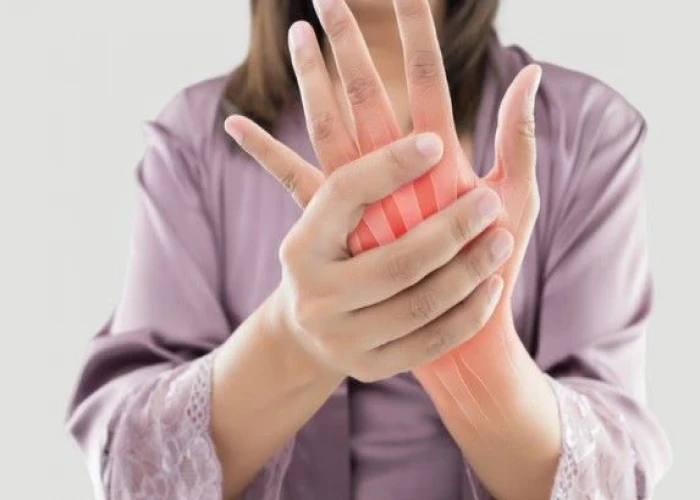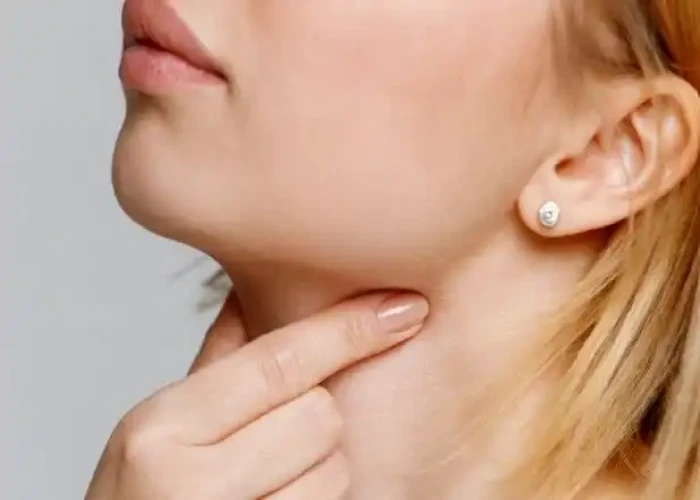 Welcome
Welcome
“May all be happy, may all be healed, may all be at peace and may no one ever suffer."
Ice cream headaches

Ice cream headaches, also known as brain freeze, are a common sensation that many people experience when eating cold foods or drinking cold beverages too quickly. This sensation typically lasts for only a few seconds but can be quite uncomfortable.
The exact cause of ice cream headaches is not fully understood, but it is thought to be related to the rapid cooling of the tissues in the roof of the mouth and throat. When cold foods or beverages are consumed quickly, the cold temperature can cause blood vessels in these tissues to constrict, leading to pain and discomfort.
To prevent ice cream headaches, it is recommended to eat or drink cold foods and beverages slowly, allowing the body to adjust to the temperature change gradually. Drinking warm water or pressing the tongue against the roof of the mouth may also help to alleviate discomfort associated with ice cream headaches.
While ice cream headaches are generally harmless, they can be a sign of a more serious underlying condition in rare cases. If you experience frequent or severe ice cream headaches, it is important to speak with a healthcare provider to rule out any underlying health issues.
Research Papers
Disease Signs and Symptoms
- Headaches
- Pain that peaks about 20 to 60 seconds after it begins and goes away in about the same time
Disease Causes
Ice cream headaches
Ice cream headaches are caused either by exposing your head to sudden, extreme cold or by having something cold move across the roof of your mouth and the back of your throat, such as when you eat ice cream quickly or gulp a cold drink. Scientists are unsure about the exact mechanism that causes this pain.
One theory is that the cold temporarily alters blood flow in your nervous system, causing a brief headache. Blood vessels constrict to prevent the loss of body heat and then relax again to let blood flow rise, resulting in a burst of pain that goes away once the body adapts to the temperature change.
Disease Prevents
Ice cream headaches
The best way to avoid getting ice cream headaches is to avoid the cold food or drinks or exposure to cold that causes them.
Disease Treatments
Ice cream headaches don't need treatment. Typically, the pain quickly disappears after the cold food or drink is swallowed.
Disease Diagnoses
Disease Allopathic Generics
Disease Ayurvedic Generics
Disease Homeopathic Generics
Disease yoga
Ice cream headaches and Learn More about Diseases

Primary lateral sclerosis (PLS)

Pubic lice (crabs)

Persistent depressive disorder (dysthymia)

Antisocial personality disorder

Rheumatoid arthritis

Muscle strains

Voice disorders

Spina bifida
ice cream headaches, আইসক্রিম মাথাব্যথা
To be happy, beautiful, healthy, wealthy, hale and long-lived stay with DM3S.
